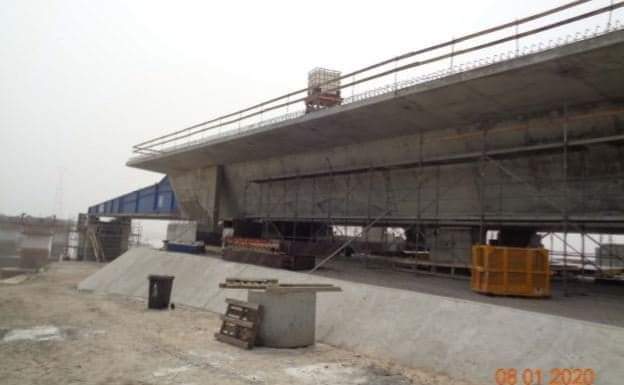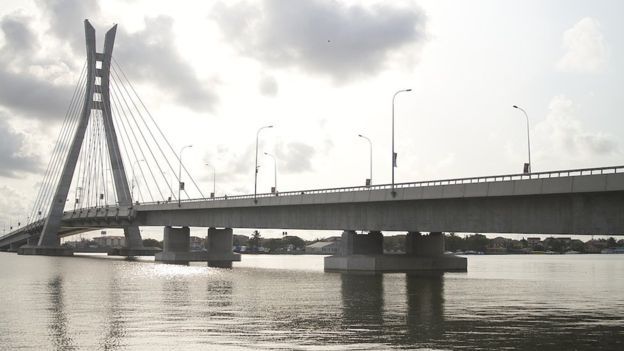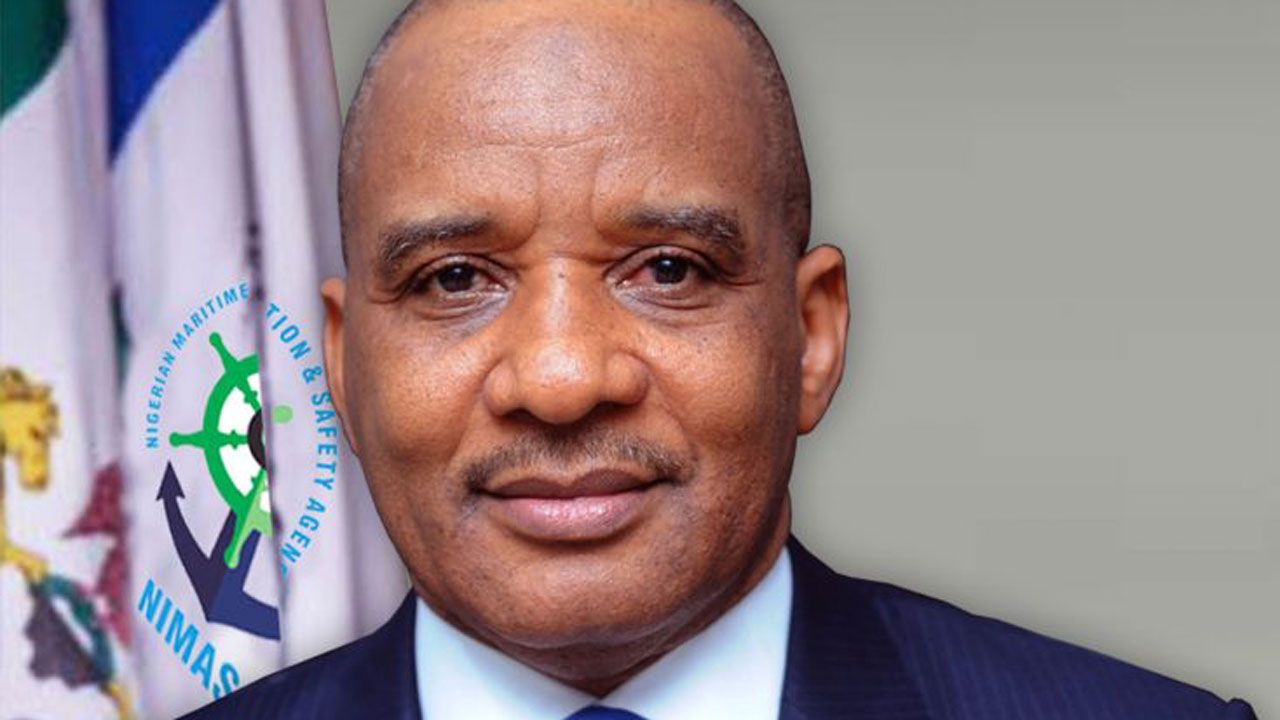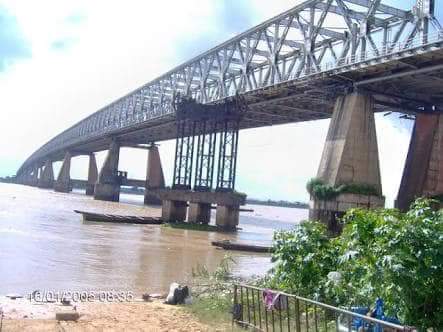More critical issues of urgent national importance are still emerging from the recently sealed agreement with the US Government which the Attorney-General of the Federation and Minister of Justice, Mr. Abubakar Malami, signed on behalf of Nigeria for the return of the looted $308 million.
The $308 million was part of the Gen. Sanni Abacha’s loot stashed away in Jersey, United States of America.
A clear detail of the agreement is that on the express monitoring of the use, the returned fund will be invested in the completion of three major projects spread across Nigeria’s three recognised regions after independence.
The projects are the Lagos-Ibadan Expressway (Western Region), Abuja-Kano Road (Northern Region), and Second Niger Bridge (Eastern Region).
Now, a new issue that may fan the embers of oppression and feeling of marginalization across the South East region is federal government’s earlier stand to toll the bridge after delivery.
The region argues that if the same periodic federal allocations including Abacha loot should be used in delivering the second Niger Bridge and still be toll gated, why not equally tolling other two road infrastructures that have been receiving the same federal government money and even the same Abacha loot.
To many who had commented on the issue, they agreed that if the new bridge should be tolled, other two major highways gaining from the Abacha loot and federal allocations should be tolled equally.
Though work on the bridge had been going steadily by the handling firm, Julius Berger, the Federal Government is yet to come out openly to either explain that it would not be tolled like other major highways in other parts of the country.
Business Hilights recalls that the original plan of the new bridge was that the funding would be raised by the private sector, which would be empowered to recoup their investment via tolling.
However, with the construction of the infrastructure without any input from the private sector, there are strong indications that it should not be tolled even though the Federal Government is yet to make this clarification.
Abacha loot seems to have become endless as in the past couple of years; there had been momentary return of funds starched away by the former military dictator. The latest is coming from the government of Jersey, United States of America.
It would be recalled that negotiations for the return of the stolen assets, which began in 2018, according to the agreement, specifically laid out who will manage the assets and the various organisations that would also monitor the expenditure of the funds to ensure they are not diverted for other purposes.
Only last week, the signed tripartite agreement between the government of Jersey, United States of America and the Federal Republic of Nigeria as signatories states in part: “The projects on which the funds will be expended will be administered by the Nigeria Sovereign Investment Authority and independently audited.”
“The Federal Republic of Nigeria will establish a monitoring team to oversee the implementation of the projects and to report regularly on progress. The Nigerian government, in consultation with the other parties, will also engage civil society organisations, who have expertise in substantial infrastructure projects, civil engineering, anti-corruption compliance, anti-human trafficking compliance, and procurement to provide additional monitoring and oversight.”
Besides, many experts that studied the agreement described it as a clear fail mark from the government of the USA on the current administration’s claims of anti corruption and integrity.









